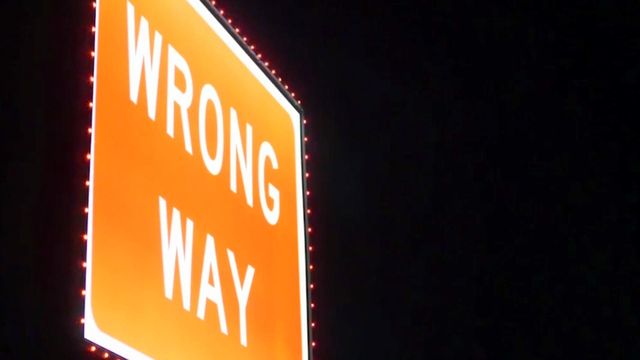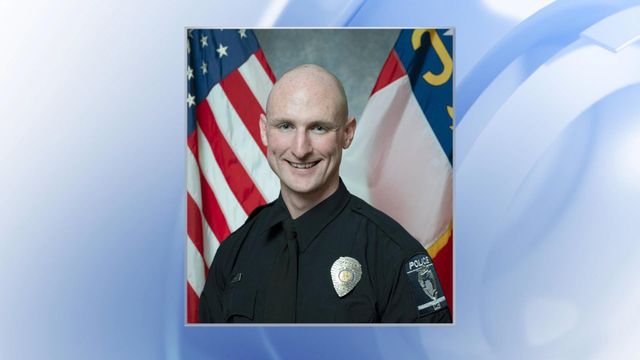DOT hopes technology can turn wrong-way drivers around on NC highways
Crashes involving vehicles going the wrong way on North Carolina highways killed 164 people between 2000 and 2017, according to the state Department of Transportation, where engineers are testing technology that they hope will turn those statistics around.
Last April, Lakeatia Daniels-Owens was nearly home after a night out with her husband, Leroy, when their car collided with an intoxicated driver going the wrong way on New Bern Avenue in Knightdale.
"This guy was driving directly toward us," Daniels-Owens said. "Eight days later, I woke up in a hospital to someone telling me my husband was dead.
"I know I am just one in possibly many this has happened to," she said.
The North Carolina Turnpike Authority is testing technology on the Triangle Expressway to limit such wrong-way crashes.
A portion of the Wake County toll road is outfitted with cameras and sensors that can alert drivers heading the wrong way through flashing lights. The system also notifies staff at the State Traffic Operations Center and the State Highway Patrol of the vehicle’s location.
"Since we put the program into place, we have seen four drivers try to attempt to enter the Triangle Expressway from the wrong direction," Turnpike Authority Executive Director Beau Memory said. "They never got to highway speeds, and they reversed course and got back on the facility going the right direction."
Roadside signage and lane striping on the highway also help discourage wrong-way turns, officials said.
The Triangle Expressway is ideal for testing the technology, Memory said, because its tolling infrastructure already supplies much of the needed infrastructure.
"Plugging in these high-tech, very advanced systems was much easier for us to do than it would be an a typical stretch of roadway in North Carolina," he said.
So, it will be more difficult to protect drivers on other highways where wrong-way crashes have happened.
The Turnpike Authority plans to expand the technology to the rest of the Triangle Expressway and to the Monroe Expressway in the Charlotte area, Memory said.













